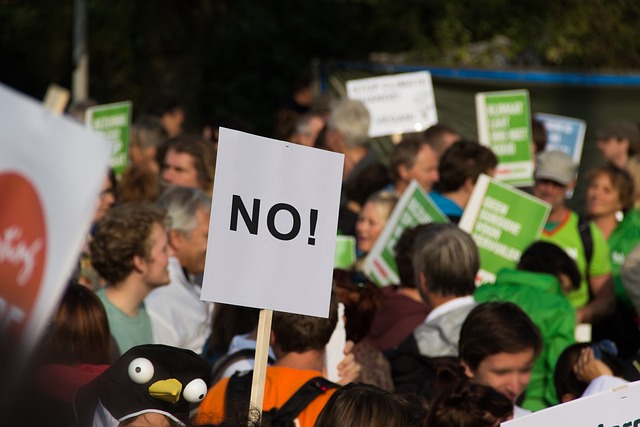
More than 100 people demonstrated outside UnitedHealthcare’s headquarters earlier this year.

A growing resentment of the insurance sector has been exposed by the murder of UnitedHealthcare CEO Brian Thompson in New York last week, as evidence from the crime scene suggests that the attack was targeted.
Outside the New York Hilton Hotel on the morning of December 4, Thompson was shot and died.He was fifty.
It seemed as though the gunman, whose identity has not yet been revealed, was waiting for Thompson.He shot the executive several times, and the New York Police Department reports that he was taken to Mount Sinai Hospital, where he passed away soon after.
Three words were discovered in the bullet casings at the crime scene: “deny,” “defend,” and “depose.”The inscriptions may be symbolic, according to authorities, and may allude to systematic activities inside the insurance sector.
Prior threats and protests
But there were other indications of the situation besides those three words. In an interview with NBC, Thompson’s wife Paulette revealed that her husband had previously received threatening notes, maybe as a result of his employer’s lack of medical care.
According to the BBC, more than 100 individuals demonstrated against UnitedHealthcare’s rules and denial of patient claims outside the company’s Minnesota offices earlier this year in July.
Insurance companies can examine recommended therapies through the “prior authorisation” process before deciding to cover them.
According to the BBC, eleven people were taken into custody after that event. According to police statistics, the demonstrators were from all around the nation.
The demonstrators had firsthand knowledge of rejected claims and a challenging appeals process, according to Unai Montes-Irueste, the media strategy director of People’s Action Institute, the organisation that coordinated the demonstration, in an interview.
“There are very strong feelings being expressed right now by folks who are experiencing that broken system in various different ways because we have a balkanised and broken healthcare system,” he said.
According to Montes-Irueste, his group ran a nonviolent and democratic campaign, but he acknowledged that the news of Thompson’s murder was startling even if he understood the resentment over the flawed system.
Increased protection necessary?
Should insurance companies be forced to bolster their security measures to safeguard their CEOs in light of the apparent backlash against them?Apparently so, according to Paul Sarnese, the former head of a group that works to safeguard the healthcare sector.
According to Sarnese, since the COVID-19 outbreak, there has been a rise in threats against healthcare workers, especially executives.He claimed that persons who are in financial trouble as a result of their claims being rejected, in addition to having medical issues, may get so stressed that they threaten CEOs or carry out their threats.
The fact that the businessman was travelling to New York without security startled Thompson’s former bodyguard.According to Philip Klein, the head of Klein Investigations, insurers must acknowledge the prevalence of hate in America today.
Klein told the BBC, “Companies need to wake up and realise that their executives could be hunted down anywhere.”
According to a source, UnitedHealth, the parent business of UnitedHealthcare and one of the largest healthcare organisations in the United States, had a security force inside the hotel but not outside. The business chose not to comment on the situation.

